The Prophet’s Farewell Sermon: A Blueprint for Global Peace
Category :
Islam
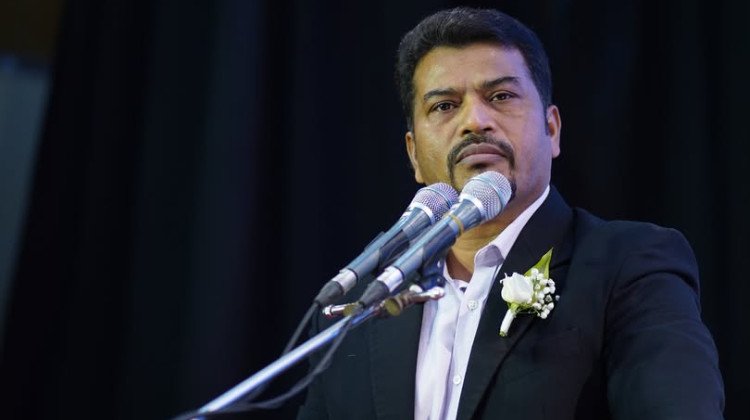
Author ::
Salzar Rahman Sabu
Feb 27, 2026
visibility
755 Read
Every year, as the calendar turns to the month of Dhul-Hijjah, the Muslim Ummah prepares for its annual congregation—Hajj. This ritual spans from the 8th to the 13th of Dhul-Hijjah and serves as a powerful reminder of numerous historic and meaningful events.
It was during this time that Allah’s beloved Prophet Ibrahim (A.S.) was commanded in a dream to sacrifice his son Ismail (A.S.)—a test of faith.
As he prepared to fulfill the command, Allah, pleased with his submission, replaced Ismail with an animal for the sacrifice. Since then, animal sacrifice has been practiced during Eid and Hajj to commemorate that moment.
Hajj itself predates the final revelation of Islam by over 2,500 years, during which even polytheists performed pilgrimage to the Kaaba, circumambulated it, and offered sacrifices.
However, over time, the followers of Ibrahim (A.S.) deviated from Tawheed (monotheism), embraced idolatry, and corrupted the practice, though Hajj continued.
Prophet Muhammad (PBUH) maintained the rituals of Hajj but transformed its essence. He moved the central congregation to the plains of Arafat and gave the pilgrimage its true spiritual and societal purpose.
Previously, pagans circumambulated the Kaaba naked—Islam replaced this with two unstitched garments. The physical rituals remained mostly unchanged, but the spiritual and ideological shift was vast: idols were removed from the Kaaba, and the gathering became an annual summit of the global Muslim Ummah.
Because in Islam, religion and worldly life are intertwined, Hajj became both a spiritual journey and a national summit, addressing both the soul and society.
At Arafat, believers are reminded of the Day of Judgment and feel as if standing before Allah. Thus, Hajj is a combination of the spiritual and the worldly—a holistic unity for Muslims.
The Messenger (S.A.W) performed Hajj only once in his lifetime. Over 100,000 companions were present. That final Hajj was also the largest gathering in his life.
On the 9th of Dhul-Hijjah in the 10th year of Hijrah, during the Day of Arafat and the following day (Eid and the day of sacrifice), the Messenger (S.A.W) delivered his Farewell Sermon.
He knew it would be his last Hajj. So, what did he say to his people in that sermon? A brief summary of the key points includes:
O people! Remember that your Lord is One, and He has no partners. You all descend from one father. An Arab has no superiority over a non-Arab, nor a white person over a black, nor vice versa. Superiority is only in piety (Taqwa).
Your blood and wealth are sacred, just like this sacred month, day, and city.
All forms of usury (interest) are now forbidden.
Fear Allah regarding women. You have taken them as a trust from Allah and made them lawful through His word.
I am leaving behind two things—hold firmly to them and you will never go astray: the Book of Allah and my Sunnah.
O people! There will be no prophet after me, and no new nation after you. Worship your Lord, pray five times a day, fast during Ramadan, give zakat willingly, perform Hajj, and obey your leaders—even if he is a slave. Do this, and you will enter Paradise (Ibn Majah).
No one shall be held accountable for another's crime.
All Muslims are brothers. Be kind to your servants—feed them what you eat, clothe them as you do, and forgive their faults.
Do not go to extremes in religion, as many before you were destroyed by such extremism.
The Prophet emphasized the importance of this message by instructing those present to convey it to those who were absent—showing how seriously he took this declaration.
Analyzing the sermon reveals that the Prophet (PBUH) offered a revolutionary manifesto to establish justice and human rights. He denounced injustice, racism, slavery, female infanticide, tribal conflict, usury, bribery, adultery, and social division.
He declared all humans are children of Adam, all Muslims are brothers, and no one has superiority over another based on race, ethnicity, or language—only piety defines status in Allah’s eyes.
He also advocated for the rights of slaves, saying they must be treated with the same dignity as their masters—fed and clothed alike. He forbade interest, declared the sanctity of property and trust, and commanded that they be returned to their rightful owners.
At a time when women were treated as property, he called for their dignity and warned men to fear Allah regarding their treatment of women. He emphasized mutual rights between husbands and wives and stressed that no one should be punished for another’s crime.
He forbade unfair inheritance practices and any personal manipulation of wealth distribution, advocating instead for the divine laws of inheritance. In summary, his sermon addressed every aspect necessary to establish a just and peaceful society.
Interestingly, almost all his instructions were societal in nature—not merely individual spiritual practices.
Today, the UN Declaration of Human Rights (1948) is hailed as the highest document of human rights. Yet Islam demonstrated these rights over 1400 years ago. While the UN’s charter exists in writing, its practice is questionable. Article 2 of the UN Declaration claims no person shall face discrimination based on the political or international status of their territory.
Yet, before the UN’s eyes, Israel continues to oppress and expel Palestinians. Equality and survival itself are denied. Similarly, when Myanmar’s military expelled one million Rohingya Muslims, killing tens of thousands, where was the UN Declaration?
Article 7 of the charter says all are equal before the law. So why don’t the Muslims of Gaza and the Rohingya enjoy that legal protection?
In our country, the situation is similar. The law is only applied against the weak. The powerful loot billions, smuggle wealth abroad—yet justice remains silent.
By contrast, the Prophet (PBUH) devoted his life to establishing Allah’s Deen and built the foundation of a truly peaceful society.
In that society, months could pass without any legal case, people left gold shops open to pray without fear of theft, lost valuables were returned, and the rich searched for poor to give charity—only to be told, “We have enough by the mercy of Allah.”
Such was the justice, security, and prosperity that emerged from the principles of the Farewell Sermon. No declaration can be more just, compassionate, or relevant. These teachings could resolve today’s injustice, corruption, inequality, and social division.
Today, religious communities compete over superiority, claiming divine favor. But the Farewell Sermon reminds us, "There is no superiority of white over black or black over white." True honor lies in justice and righteousness—nothing else.
But the question is: Who will implement these teachings? These are national principles—not individual practices. To implement them, we need a nation that follows Allah’s laws.
Under a system governed by manmade laws, this sermon cannot be fully enacted. For instance, it forbids usury, yet the global capitalist economy is built on interest. One cannot escape it without dismantling the capitalist-democratic order.
So, all of these teachings can only be implemented if Allah’s laws, system, and penalties are established in society.
This requires a group of true believers (Mu’minoon) who will establish this Deen in society, as the Prophet (PBUH) did—by building an Ummah from a handful of individuals and fighting tirelessly for justice and human rights.
There is no other way.
Images Related to this Post
Related Post
Search
Popular Post
Recent Post
Tags
Hezbut_Tawheed
Imam Hossain Mohammad Salim
Bangladesh Violence
Religious Extremism
Mob Attacks
Human Rights Violations
Minority Persecution
Rangpur Attacks
Jamaat-E-Islami
Hefazat-E-Islam
Tawheed
Muslim Ummah
Islamic Unity
Shirk
Kufr
Islamic Revival
Kalima-E-Tawheed
Obedience To Allah
Deen-Ul-Haq
Hizb-Ut-Tawheed
Ram Temple
Third Temple
Ayodhya
Jerusalem
Religious Politics
Babri Masjid
Al-Aqsa
Zionism
Hindutva
Netanyahu
Religious Hate
Muslim Unity
Noakhali Conference
Imam Salim
Islamic Movement
Shahidi Jame Mosque
Ht Members Conference
Bangladesh Religious Persecution
Islamic Reform Movement
Extremist Violence
Human Rights Bangladesh
Sonaimuri Noakhali Attack
Political Extremism Bangladesh
Faith-Based Violence
Eid Al‑Fitr
Zakat Al‑Fitr
Ramadan Charity
Islamic Social Justice
Community Harmony
Bangladesh Poverty
Islamic Economy
Sadaqah
Fitrana
Eid Unity
Arab History
Islamic Governance
Caliph Umar
Social Transformation
Women’s Rights In Islam
Justice In Islam
Political Systems
Islam Vs Democracy
Islam And Knowledge
Islamic System
Prophet Muhammad
Farewell Sermon
Hajj
Global Peace
Human Rights In Islam
Dhul-Hijjah
Arafat Sermon
Islam Vs Un Charter
Unemployment In Bangladesh
Education System Failure
Educated Unemployment
Jobless Graduates
British Education Legacy
Youth Crisis
Hezbut Tawheed Views
Bids Report
Ssc To Masters Job Race
Middle Class Dilemma
Kerani Mentality
Excessiveness In Religion
Religious Distortion
Overinterpretation Of Islam
Misguided Enthusiasm
Warnings Of The Prophet
True Islam
Spiritual Clarity
Abandoning The Mission
Chormonai Pir
Desherpotro
Islamic Reform
Persecution In Bangladesh
Religious Violence
Jamaat-E-Islami Attacks
Islamic Truth Movement
Women And Knowledge
Islamic Feminism
Gender Roles
Social Awareness
Muslim Women
Female Empowerment
Islamic History
Qur’anic Guidelines
Obeying Allah’s Commands
Islam And Suffering
Workers' Rights In Islam
Labor Justice
May Day Islam
Islamic Society Model
Chashirhat Development
Imam Hossain Mohammad Selim
Islamic Brotherhood
Fair Wages
Islamic Military Strategy
Tawheed-Based State
National Security
Qur’anic Warfare
Mujahideen
Peacekeeping
Modern Islamic Army
Military Training
Ummah Defense
Sharia Governance
Southasia
Extremism
Bangladesh
India
Pakistan
Myanmar
Jihad
Islamophobia
Radicalism
Resistance
Conflict
War
Terrorism
Proxywar
Bjp
Hasina
Ghazwa
Kashmir
Rohingya
Arsa
Militancy
Ideology
Unity
Awareness
Injustice
Arms
Geopolitics
Gaza
Hypocrisy
Taliban
Alqaeda
Afghanistan
Syria
Iraq
America
China
Russia
Media
Violence
Oppression
Nationalism
Muslim
Islam
Justice
Youth
Leadership
Sovereignty
Hezbuttawheed
Mosque
Governance
Society
Administration
Education
Military
Economy
Women
Culture
Law
Quran
Hadith
Prayer
Madinah
Baytalmal
Amir
Discipline
Khutba
Transparency
Spirituality
Training
Morality
Ummah
Prophet
Sharia
Community
Peace
Development
Security
National
Khutbah
Sabr
Zakat
Sufism
Equality
Mosquesystem
Participation
Aqiqah
Accountability
Tradition
Modernity
Ummati Muhammad
Unity In Islam
Sunnah
Islamic Teachings
Muslim World
Deen Of Islam
Security Crisis
National Unity
Political Unrest
Military Vulnerabilities
Strength
Solidarity
Disunity
Muslim Nations
Women's Rights
Rufaidah Panni
Eid Congregation
Islamic Women Empowerment
Social Justice
Equality In Islam
Momen
Kafir
Mushrik
Allah's Laws
Faith In Islam
Belief In Allah
True Believers
Kalimah
Shariah
Justice And Peace
Political Parties
Multiparty Democracy
Political Factionalism
Islamic Political System
Democracy Vs Islam
Secularism
Political Ideologies
Islamic Law
Political Vision
Governance Without Parties
Political Stability
Islamic State
Shura System
Islamic Perspective
Women’s Reform Commission
Family Law
Inheritance Law
Labor Recognition
Shariah Law
Gender Equality
Religious Opposition
Feminist Movement
Human Rights
Political Debat
Arab Society
Islamic Economic Justice
Military Transformation
Education In Islam
Judicial Independence
Accountability In Islam
Islam And Democracy
Societal Transformation
Governance Systems
Surah Yaseen
Islamic Guidance
Religious Work
Misguidance
Imam Role
Religious Commercialization
Truth And Falsehood
Religion And Society
Quranic Teachings
Ethical Leadership
Spiritual Struggle
Religious Scholars
Religious Corruption
Quranic Verses
Islamic Scholars
Prophet Muhammad (S.a.w)
Military Nation Of Islam
Sahabah
Lost Legacy
Ummah Of Muhammad
Jehad
Qetal
Islam And Violence
Islamic Leadership
State Vs Individual Struggle
Allah's Help
Islamic Reflection
Divine Support
Muslim World Crisis
Quran Teachings
Islamic Awakening
Qurbani
Bangladesh Politics
Eid Ul Adha
Islamic Sacrifice
Bangladesh Crisis
Global Conspiracy
Sacrifice
Labour Rights
Employment Crisis
Bangladesh Economy
Wage Gap
Inflation
Unemployment
Education Reform
Job Creation
Income Inequality
Post-Pandemic Economy
Eid-Ul-Azha 2025
Bangladesh Eid Congregation
Eid Prayer 2025
Women's Participation
Peace & Justice
Bangladesh Religious Events
Eid-Ul-Azha Message
Khilafah
Global Oppression
Islamic Festivals
Quranic Guidance
Spiritual Sacrifice
Ibrahim's Sacrifice
Eid Mubarak
Peace Through Tawheed
Women's Reform Debate
Bangladesh Women's Rights
Hezbut Tawheed Position
Islamic View On Women's Rights
Legal Reforms Bangladesh
Family Law Reform
Inheritance Rights
Sharia Law Bangladesh
Women's Equality
Western Influence
Religious Groups Debate
Gender Equality Islam
Islamic Social Solutions
Women's Dignity In Islam
Islamic Solutions
Beyond Politics
Labor Rights
Class Struggle
Economic Solutions
May Day Analysis
Economic Justice
Divine Accountability
Global Economic Crisis
Capitalism Vs Islam
Socialism Vs Islam
Savar Attack
Ishwardi Attack
Religious Fanaticism
Political Manipulation
Islamic Extremism
Government Response
Democratic Threats
Islamic Teachings Misuse
Radical Ideology
Communal Conflict
Radical Groups In Bangladesh
Terrorism In Bangladesh
Islamic Rights
Mosque Access
Eid Prayer
Muslim Women Empowerment
Prophet Muhammad Teachings
Women In Mosques
Women Rights In Islam
Gender Equality In Islam
Masjid An-Nabawi
Women's Role In Islam
Misconceptions About Women
Women Participation In Mosque
Eid Khutbah 2025
Islamic Sermon
Hossain Mohammad Selim
Bangladesh Eid
Qurbani Meaning
Women In Islam
Rufaydah Panni
Islamic Congregation
Female Participation In Eid
Chashirhat Eid
Palestine Solidarity
Eid Prayer Bangladesh
Women In Eid
Kushtia Rally
Gaza Crisis
Muslim Persecution
Bangladesh News
Peace Movement
Humanity
Divine Law
Social Reform
Religious Harmony
Truth
Call To Action
Palestine
Dajjal
Islamic Struggle
Mohammad Bayazid Khan Panni
Genocide
Oic
Protest
National Press Club
Rangpur Attack
Religious Reform
Karwan Bazar Protest
Terrorist Attack
Law And Order Failure
Emamht
Ht_In_Brief
Pabnaattack
Justiceforvictims
Humanchain
Politicalviolence
Legalreform
Endimpunity
Bangladeshjustice
Hezbuttawheedleaders
Demandjustice
Pabnapressconference
Policeinaction
Proposedgovernancesystem
Islamicstatesystem
Allahslaw
Economicreform
Educationreform
Capitalismcritique
Dhakaevent
Purposeofcreation
Humancreation
Khalifah
Allahsplan
Divineguidance
Adamsstory
Islamicteachings
Peaceandjustice
Sovereigntyofallah
Lailahaillallah
Islamiccreed
Aqidah
Islamicfaith
Iman
Deen
Peaceinislam
Purposeofislam
Beliefsystem
Faithandworship
Why
Escalate
Mohammad Bayazeed Khan Panni
Hossain Mohammad Salim
Religious
Extremist
Interfaith
Situation
Ultimatum
Threats
Extremist Attack
Attack
Movement
Barakat Hossain Osama
United Kingdom
Conservative Party
Donald Trump
Secular Leadership
Fanatical Populace
Fanatical
Populace
Religion
Extensive Damage
Catastrophic Flooding
High School
Urgent Help Needed
Devastated
Allah
Modus Operandi
Messenger
Believer
Messenger Of Allah
People
Human
Jame Mosque
A Cornerstone
Cornerstone
A Just Society
The Establishment
Establishment
History
Messenger Muhammad
Simple And Straightforward
Who Made
The Simple
Complex
Way Of Life
Jannah
Way To Jannah
Civilization
Religious Figures
Survive
Politics
Worship
Establish
Goals And Objectives
System Of Life
Money
Tolerance
Madness
Mo'men
Today’s
Educated
Needs
Corruption
British
Government
Democracy
Communism
Socialism
Political
Secular Education
Responsible
The Reign
Hindu
Terrifying
Slavery
Jewish Conspiracy
The Protocols Of The Elders Of Zion
Politician
Give And Take
Education System
European
Population
Mentality
Slave
Preface
Children
The Quran
The Miracle
Creator
The Creator
Creation Of Man
The Creation Of Man
Premise
First Words
Aqida
The Programme
The Messenger
Mankind
Actual
Concept Of Islam
Crossroads
Mojeza
The Call
Panni
The Author
Qur'an
Process
The Process
A Person
Tabook
The Special Three
Special
The Tabook
The Ahzab
Ahzab
Khandak
The Uhud
Uhud
The Badr
Badr
Ebadat
Ma'bud
Vicegerent
Worshipper
Aqaed
The Reasons
Reasons
Reason
Adam
Eblis
Khalifa
Angels
Adam And Eve
Adam And Hawa

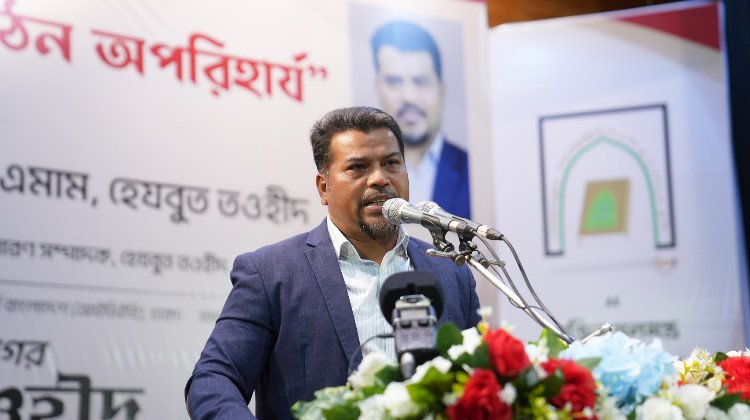


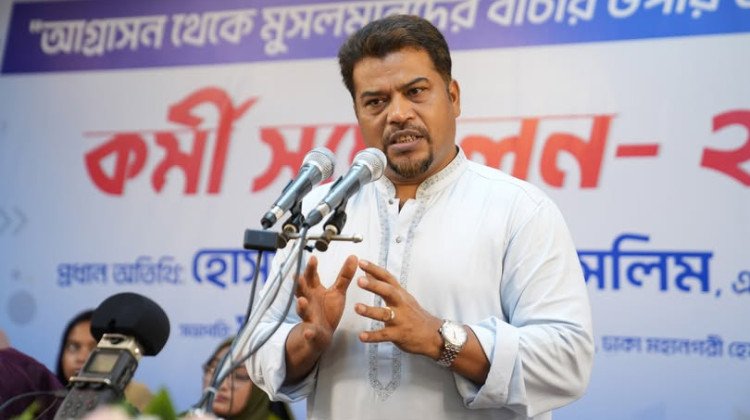
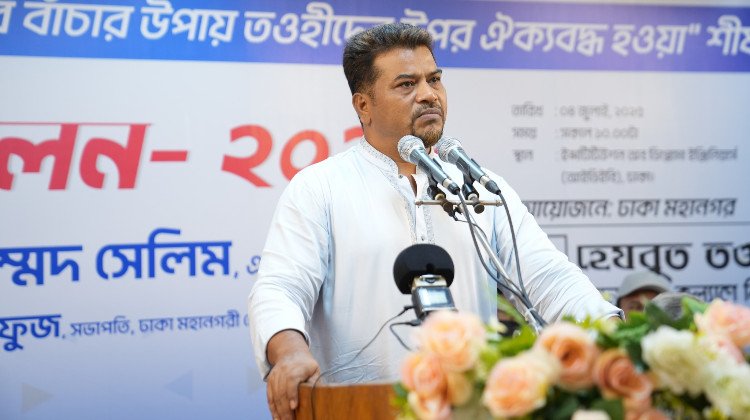
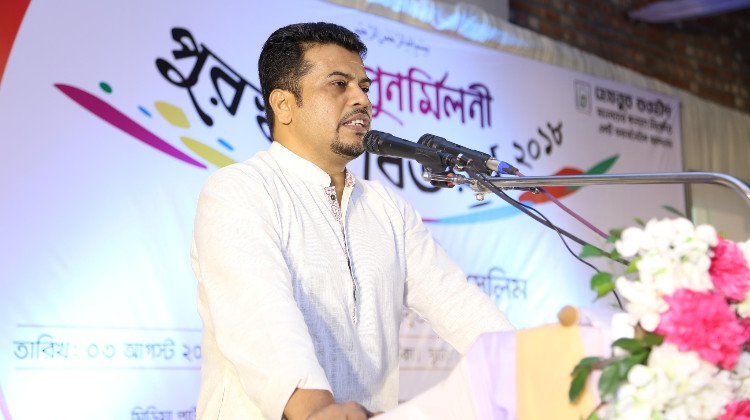

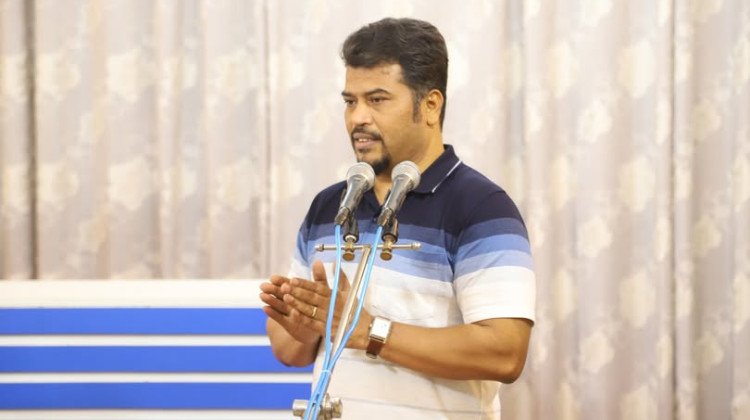
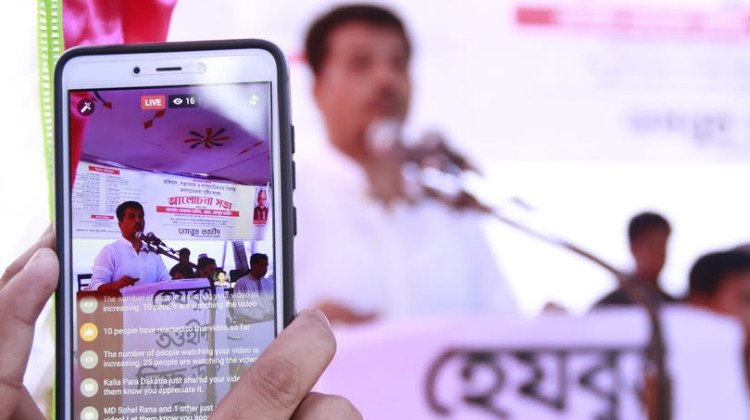
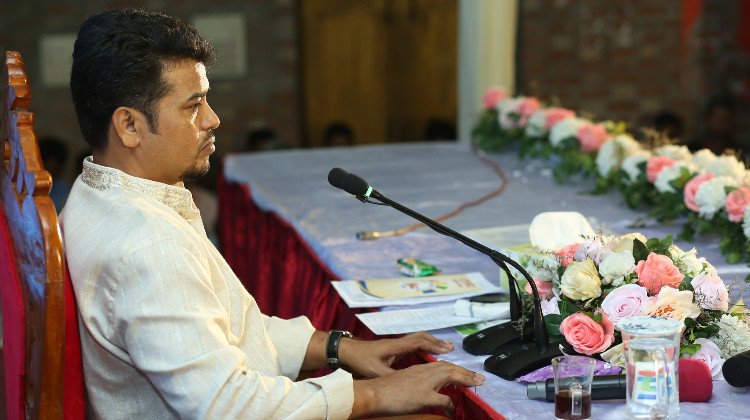


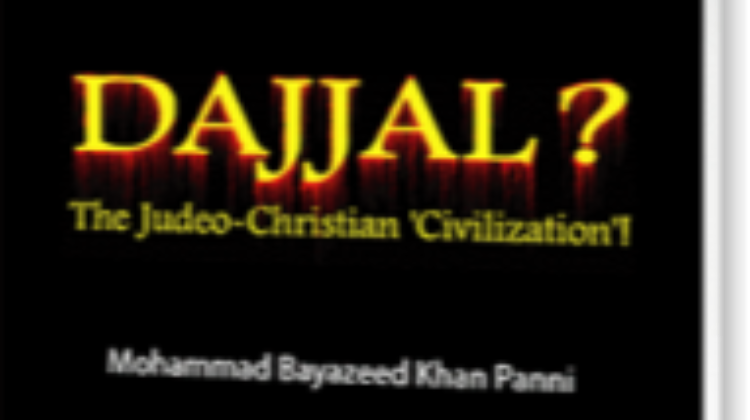


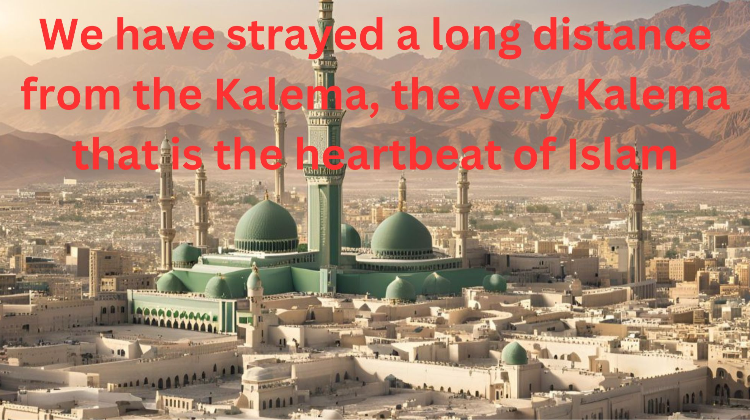


Leave a Comment